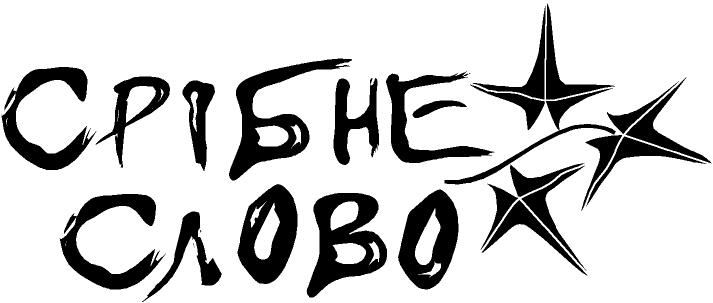- Рубрики
- Філософія, психологія, педагогіка
- Історія
- Політика, право
- Економіка
- Математика
- Фізика
- Хімія, хімічна технологія
- Біологія, валеологія
- Геодезія, картографія
- Загальнотехнічні науки
- ІТ, комп'ютери
- Автоматика, радіоелектроніка, телекомунікації
- Електроенергетика, електромеханіка
- Приладо-, машинобудування, транспорт
- Будівництво
- Архітектура, містобудування
- Мовознавство
- Художня література
- Мистецтвознавство
- Словники, енциклопедії, довідники
- Журнал "Львівська політехніка"
- Збірники тестових завдань
- Книжкові видання
- Наукова періодика
- Фірмова продукція
Юрій Мєлков Єдність, множинність і фрактальність культури в сучасному світі
УДК: 111.82 / 17.023.36: 7.03’06
ЄДНІСТЬ, МНОЖИННІСТЬ І ФРАКТАЛЬНІСТЬ
КУЛЬТУРИ В СУЧАСНОМУ СВІТІ
Мєлков Юрій
Міжрегіональна академія управління персоналом (м. Київ)
(стаття надійшла до редколегії – 1.11.2016 р., прийнята до друку – 20.12.2016 р.)
© Мєлков Ю., 2016
Досліджено феномен множинності та єдність людської культури в сучасному світі, використовуючи нелінійні методи сучасної постнекласичної парадигми наукового пізнання. Зроблено висновок, що мульти-культуралізм можна розуміти як фрактальність людської культури, як “єдність багатоманітності”: на противагу квазікласичному підходові, єдність і множинність культури не виключають, а доповнюють один одного.
Ключові слова: множинність культур, мультикультуралізм, проліферація ідентичностей людини, гуманістичні цінності.
UNITY, PLURALITY AND FRACTALITY OF CULTURE
IN THE CONTEMPORARY WORLD
Iurii Mielkov
The article is dedicated to philosophical investigation of the problem of unity and plurality as features of culture in the contemporary world, which is carried out on basis of the methodology peculiar to the present-day paradigm of understanding science. The paradigm in question is denoted as “post-non-classical” and features non-linear, dialectical approach to its objects of study that appear as unique and human-commensurable self-organizing systems. Taking such an approach into account, it is argued that the phenomenon of multiculturalism in today’s world could be adequately understood as a kind of fractality of human culture, as ‘unity in plurality’ that is opposed to quasi-classical assertion of unity and plurality of culture as factors that are said to exclude each other. In fact, not only many cultures could coexist in one national country – they do present a form of coexistence in many human beings, in the form of their plural cultural identity. Such a supposition, in its turn, allows to define national cultural identity as the one that cannot justify its claims for an exclusive status – as well as to set up a framework of hierarchy of human identities which proliferate. Under such a hierarchy, acknowledgment of the universal all-human culture as a certain “higher stage” of the constitution of human cultural identity does not contradict or exclude national, gender, professional, religious, or other plural identities. On the contrary, such a multitude and a proliferation of identities is made possible by the whole non-linear understanding of the hierarchy in question, where the ability to consider ourselves as human beings per se allows us to concretise universal identities in the multitude of other forms while providing the base for mutual understanding in the complex contemporary world and affirmation of humanistic values.
Key words: plurality of cultures, multiculturalism, proliferation of human identities, humanistic values.
Кількість посилань 13


















